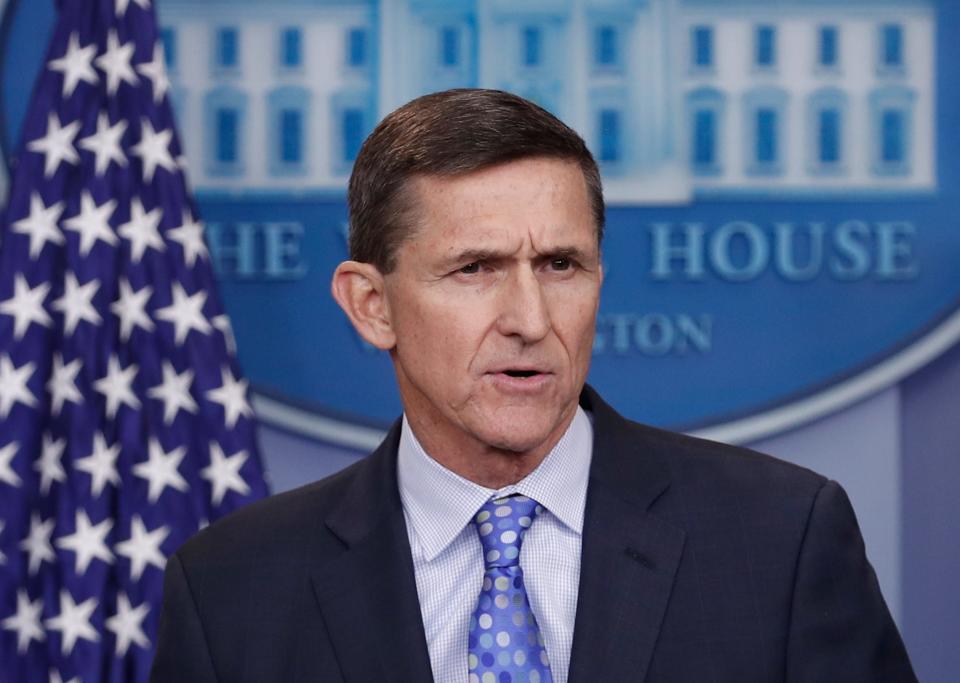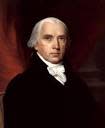One nation under Flynn's God? Nuh-uh.

- Oops!Something went wrong.Please try again later.
Last week, Trump’s disgraced former national security advisor Michael Flynn spoke at the “Reawaken America” conference in San Antonio, Texas, designed to whip up supporters to believe the 2020 election was stolen and that coronavirus vaccines are an infringement on their liberty. Flynn told the audience: “If we are going to have one nation under God, which we must, we have to have one religion. One nation under God, and one religion under God.”
This statement flies in the face of our Constitution, whose First Amendment reads: “Congress shall make no law respecting an establishment of religion, or prohibiting the free exercise thereof….” James Madison of Virginia, the key thinker behind the Constitution, had quite a lot to say about why it was fundamentally important to make sure the government kept away from religion.

In 1772, when he was 21, Madison watched as Virginia arrested itinerant preachers for attacking the established church in the state. He was no foe of religion, but by the next year, he had begun to question whether established religion, which was common in the colonies, was good for society. By 1776, many of his broad-thinking neighbors had come to believe that society should “tolerate” different religious practices; he had moved past tolerance to the belief that men had a right of conscience.
Freedom of religion: Building on the Constitution's framework
In that year, he was instrumental in putting Section 16 into the Virginia Declaration of Rights on which our own Bill of Rights—the first ten amendments to the Constitution—would be based. It reads, “That religion, or the duty which we owe to our Creator, and the manner of discharging it, can be directed only by reason and conviction, not by force or violence; and therefore all men are equally entitled to the free exercise of religion, according to the dictates of conscience; and that it is the mutual duty of all to practice Christian forbearance, love, and charity toward each other.”

In 1785, in a “Memorial and Remonstrance against Religious Assessments,” he explained that what was at stake was not just religion, but also representative government itself. The establishment of one religion over others attacked a fundamental human right—an unalienable right—of conscience. If lawmakers could destroy the right of freedom of conscience, they could destroy all other unalienable rights. Those in charge of government could throw representative government out the window and make themselves tyrants.
Madison believed that a variety of religious sects would balance each other out, keeping the new nation free of the religious violence of Europe. He drew on that vision explicitly when he envisioned a new political system, expecting that a variety of political expressions would protect the new government. In Federalist #51, he said: “In a free government the security for civil rights must be the same as that for religious rights. It consists in the one case in the multiplicity of interests, and in the other in the multiplicity of sects.”
This column was excerpted from Heather Cox Richardson's "Letters from an American" blog. Cox Richardson is a professor of American History at Boston College.
This article originally appeared on Palm Beach Post: The U.S. Constitution doesn't allow Gen. Flynn's "one religion" plan.

